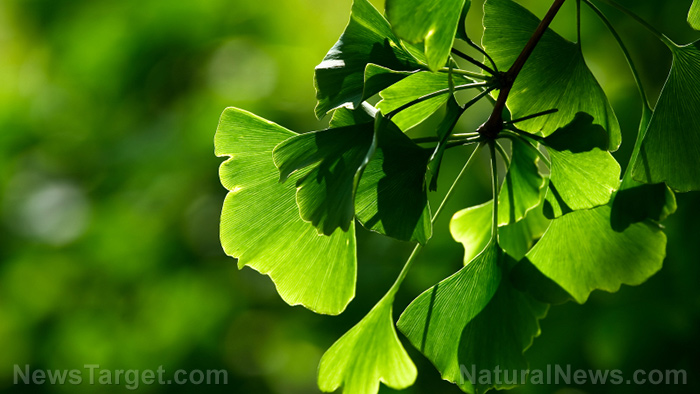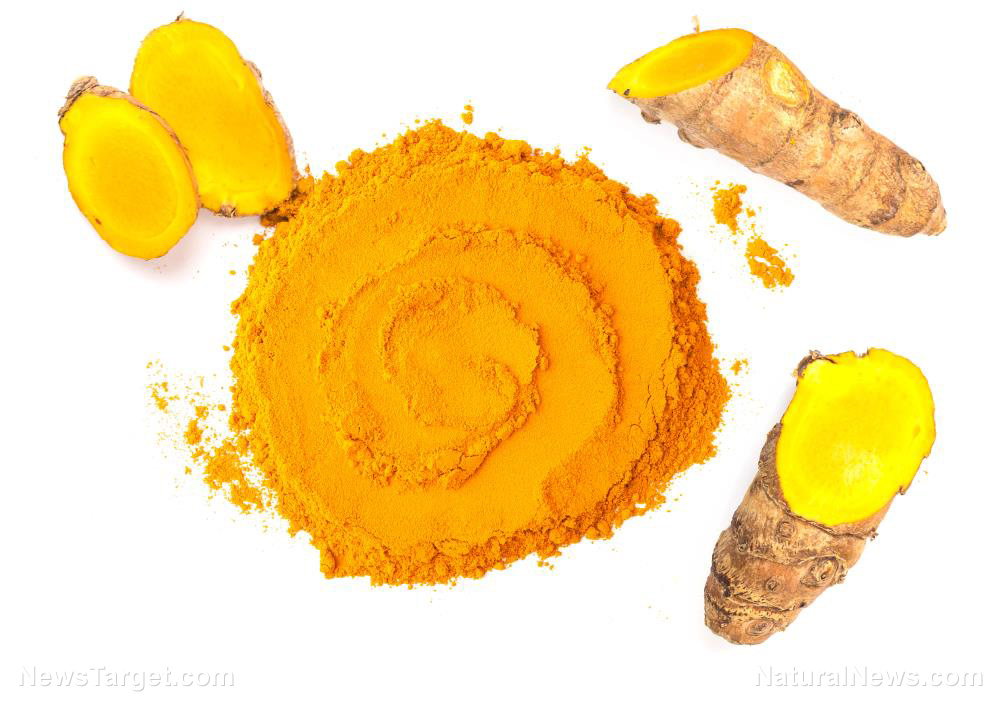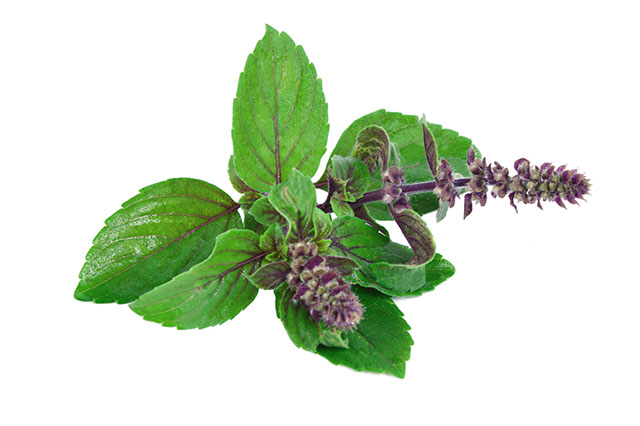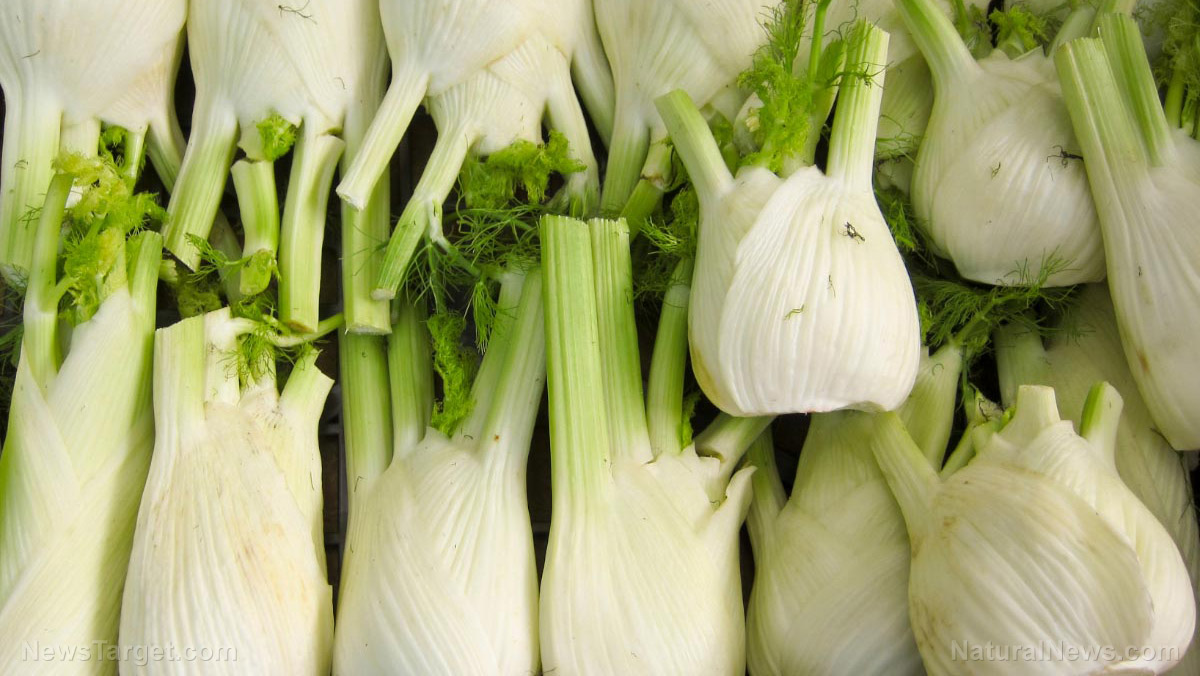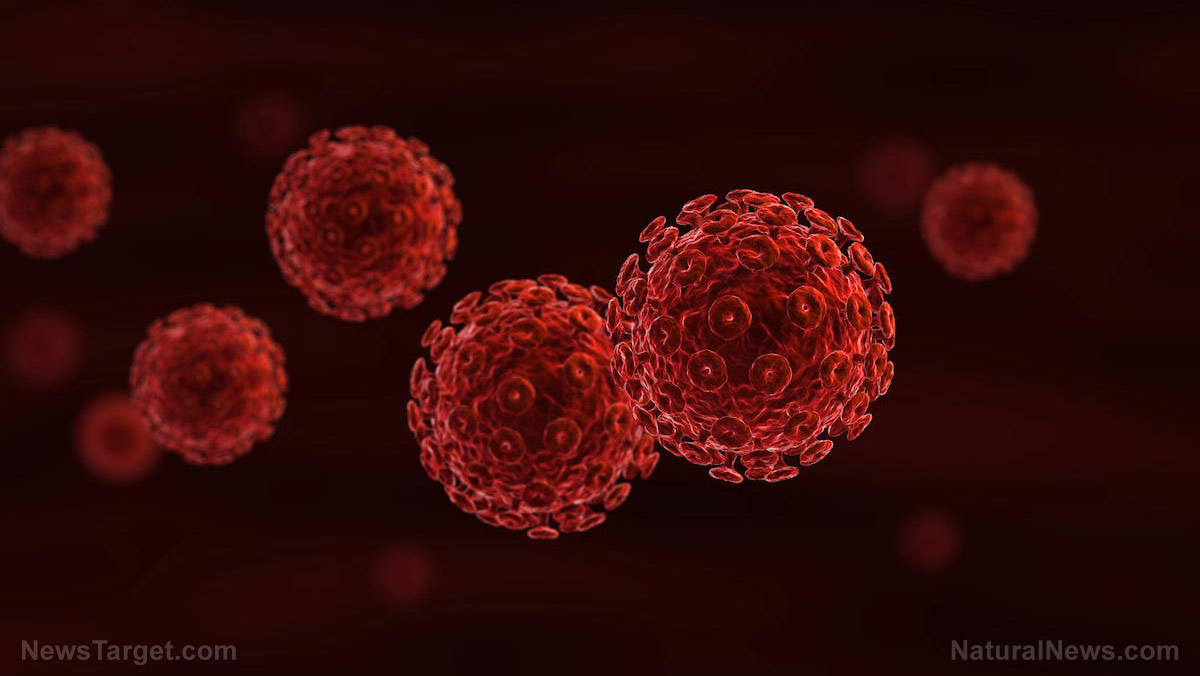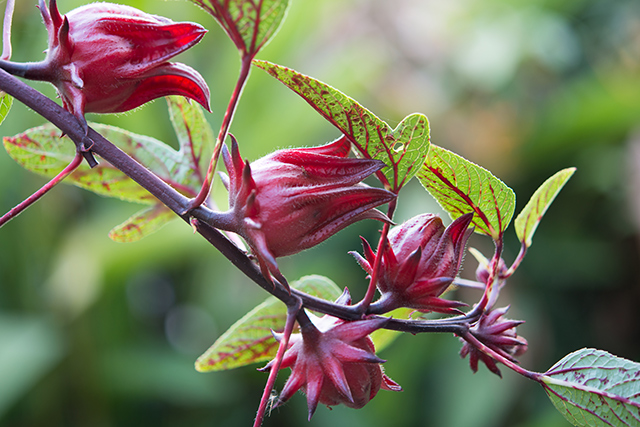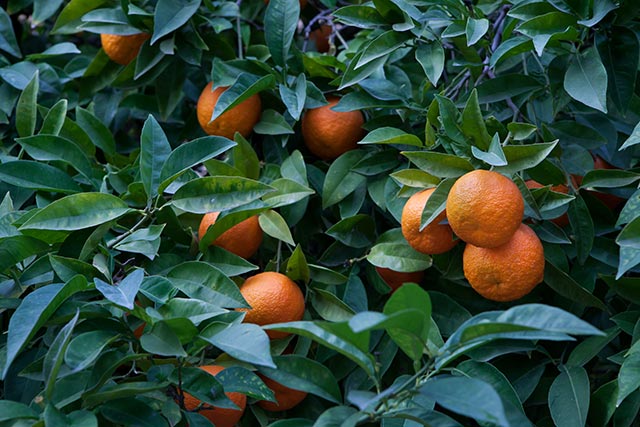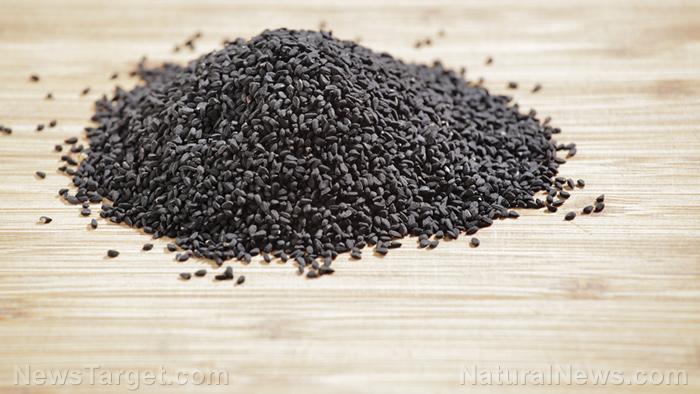Also known as Mayan spinach, chaya is a potent herbal medicine that supports liver health
12/09/2018 / By Ellaine Castillo
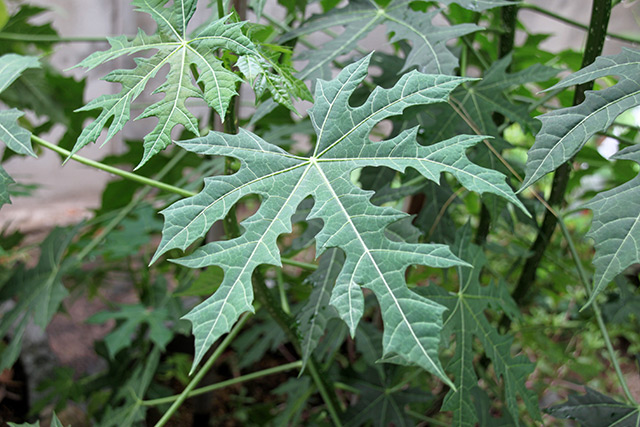
Many prescription drugs on the market can cause adverse side effects, such as drug-induced liver damage, without the patients knowing it. This is why it is important to find natural compounds that can serve as alternatives for synthetic drugs or protect the body from these harmful adverse reactions. One study has shown that leaf extracts from chaya (Cnidoscolus chayamansa [Mc Vaugh]) can protect the liver from damage induced by antitubercular drugs, as well as reduce inflammation.
The liver is the organ responsible for eliminating most of the toxins in the body. Because of this, it becomes susceptible to damage induced by harmful substances that a person ingests, including synthetic drugs. Drug-induced liver damage can occur when the drug is either naturally harmful to the liver or it is converted by the liver into a toxic substance. Additionally, patients can experience allergic reactions to certain drugs, which trigger inflammation and consequently damage the liver. In order to protect the liver from drug-induced damage, it is best to avoid synthetic drugs. Aside from this, there are also foods and herbs that have been shown to have natural hepatoprotective properties.
Chaya, a highly nutritious plant, exhibits a variety of medicinal properties which potentially include hepatoprotective effects. Previous studies have shown that extracts and pure compounds from the leaves of this plant exhibit anti-inflammatory activity in an acute inflammation model. Aside from this, the extracts were also observed to have antimycobacterial and antiprotozoal activities. These bioactivities of chaya could possibly be attributed to the presence of different phytochemicals, such as terpenoids and polyphenols.
The power of the elements: Discover Colloidal Silver Mouthwash with quality, natural ingredients like Sangre de Drago sap, black walnut hulls, menthol crystals and more. Zero artificial sweeteners, colors or alcohol. Learn more at the Health Ranger Store and help support this news site.
In this study, which was published in Evidence-Based Complementary and Alternative Medicine, the researchers determined the anti-inflammatory and hepatoprotective activities of chloroform (CHCl3) and methanol (MeOH) extract of chaya leaves. Anti-inflammatory activity was determined on both chronic and acute inflammation models. Results showed that the extracts caused a significant reduction of inflammation in both models, which was comparable to the reference drug, phenylbutazone. Additionally, it was also observed that body weight, which is reduced in animals with chronic inflammation, is best recovered when 900 mg/kg of the extract was administered.
To determine the hepatoprotective property of chaya extracts, Balb/c mice with antitubercular drug-induced damage were used. In this experiment, it was observed that chaya extracts were able to increase the body weight of the mice. In addition to this, the extracts were also able to reverse fatty liver caused by the antitubercular drug.
The phytochemical content of the extracts was also analyzed to determine what compounds are possibly responsible for these bioactivities. It was revealed that the major components are moretenone and lupeol acetate, followed by beta-amyrenone and beta-amyrin acetate. These compounds have all been shown to have anti-inflammatory properties. Additionally, moretenone, which has not yet been observed in chaya in prior studies, is also an analgesic.
Overall, the results of this study show that chaya has potent anti-inflammatory and hepatoprotective activities that are potentially attributed to the presence of phytochemicals, such as moretenone and lupeol acetate. These properties of chaya make it a promising treatment for drug-induced liver damage. (Related: New, expensive, widely-used drugs continue to cause liver problems, says Jefferson liver specialist (press release).)
Other hepatoprotective herbs
Aside from chaya, these herbs also exhibit hepatoprotective potential:
- Indian rhododendron – The leaves from this plant have been shown to have flavonoids and phenolic compounds. These phytochemicals are known antioxidants that can eliminate free radicals before they can damage the liver.
- Milk thistle – Anti-inflammatory properties of milk thistle help protect liver cells from damage. Additionally, this herb also contains antioxidants that prevent toxins from binding to liver cells and stimulate the regeneration of liver cells.
- Licorice – This herb protects the liver by preventing fats from building up in the liver, which is especially helpful for preventing alcohol-induced liver damage from progressing
- Turmeric – Similar to licorice, turmeric also has the ability to inhibit fat accumulation. This property can be attributed to the presence of curcumin in turmeric, which can also increase the number of antioxidants present.
Learn more about how chaya protects the liver by visiting Herbs.news today.
Sources include:
Tagged Under: acute inflammation, anti-inflammatory, Big Pharma, chaya, chronic inflammation, Cnidoscolus chayamansa, Hepatoprotective, Herbs, liver damage, liver health, Lupeol acetate, Mayan spinach, moretenone, natural edicine, natural remedies, tree spinach

